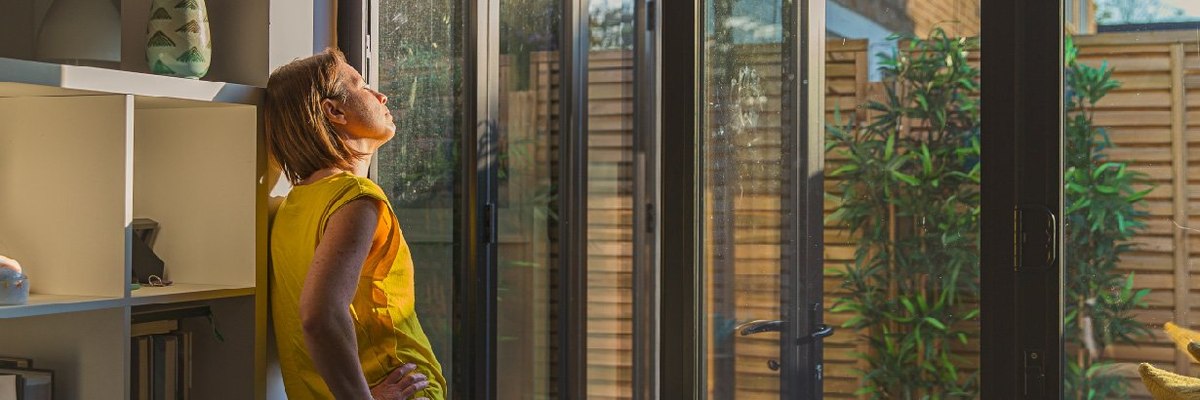A third of Britons report feeling lonelier than usual since social distancing measures began in March
Loneliness has long been an issue in the UK. The YouGov 2019 Personality Study showed that almost half of the population (47%) reported experiencing loneliness at least a few times a month, with a quarter (23%) saying they experienced loneliness at least a few times a week. The coronavirus outbreak has led to many people ending up alone with little to no contact with others. We explored how the social restrictions and behaviour changes have affected Britons in terms of loneliness.
The YouGov 2020 Personality Study shows that half (51%) of the population said they felt lonely at least a few times a month since the coronavirus restrictions started in March. Over one in four (27%) report feeling lonely several times a week or more.
Approaching half (46%) of 16-24 year olds say they have experienced loneliness every week since March. This is significantly more than other age groups: fewer than a third (32%) of 25-39 year olds say the same, while among those aged 60 and older just one in six (17%) report feeling lonely on a weekly basis. This is despite the fact that older Britons are far more likely to live alone.
The YouGov 2020 Personality Study also explored whether Britons felt more lonely than usual since the pandemic began. Over a third (34%) say they have felt more lonely since the lockdown measures were introduced in March. This rises to nearly half (48%) of those aged 16-24, and close to four in ten (39%) 25-39 year olds. The majority of Britons (57%), however, report feeling no more or less lonely than they would usually.
Amongst the quarter of Britains who reported feeling lonely a few times a month since March, 37% of them said that overall this is more lonely than usual, whilst 29% said this is a lower level of loneliness than they would usually experience.
For those who experienced loneliness a few times a week (13% of the population) since the first lockdown, one in four (25%) said this was worse than usual, and 11% said the opposite.
One in seven Britons (14%) said the felt lonely on most days or virtually all the time. In this group, one in three (32%) said they felt more lonely than usual and 17% said it was the opposite
What kind of loneliness have Britons been experiencing?
The Study put five different definitions of loneliness to those who said they had felt lonely and asked which comes closest to their experience. The most common was that they had “little contact with others, but feeling perfectly at peace and content with my own company”, which a quarter (25%) said applied to them.
Second most common, at 22%, was “a period of no contact or very little contact with anyone”, while 13% said “there may be contact with people who care about me, but not with anyone who understands me”.
Another 8% said “there may be contact with people who care about me, but not with anyone who understands me”, while a further 8% describe the form their loneliness takes as “there may be contact with people who care about me, but not with anyone who understands me”.
Lonely Britons from all age groups are about as likely to define their loneliness as a period of little to no contact with anyone else (20-23%). Older lonely people, however, are much more likely to fall under the ‘having little contact with anyone but being content on their own’ category, at 37% of those aged 60 and above
Just just 12% of lonely 16-24 year olds gave the same answer, however. Instead, they were much more likely to say they felt they lacked contact with anyone who understood them, at 22% compared to just 8% of lonely 60+ year olds.








